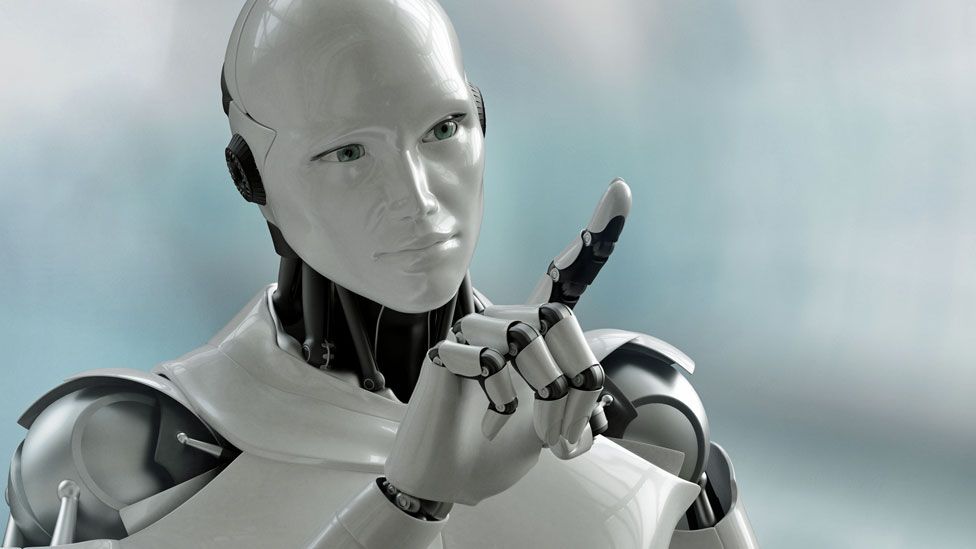
FAQ About Robots

What are the ethical considerations surrounding the development and use of robots?
The development and use of robots raise a number of ethical considerations, some of which include:
Job displacement: The use of robots in industries may lead to job displacement, leaving many people unemployed. This can lead to social and economic instability.
Bias and discrimination: Robots can perpetuate and amplify human biases and prejudices, leading to discriminatory outcomes in decision-making and action.
Privacy and surveillance: The use of robots in surveillance can raise privacy concerns, especially if the technology is used to monitor individuals without their consent.
Safety and responsibility: The use of robots in industries and public spaces raises concerns about safety and liability. For example, who is responsible if a robot injures someone or causes property damage?
Autonomy and control: The development of highly advanced and autonomous robots raises concerns about who has control over their actions and decision-making.
Transparency and accountability: There is a need for transparency and accountability in the development and use of robots, including clear standards for testing, certification, and regulation.
Ethical design and use: There is a need for the development of ethical guidelines for the design and use of robots, which take into account the impact of their actions on human well-being, social values, and the environment.
